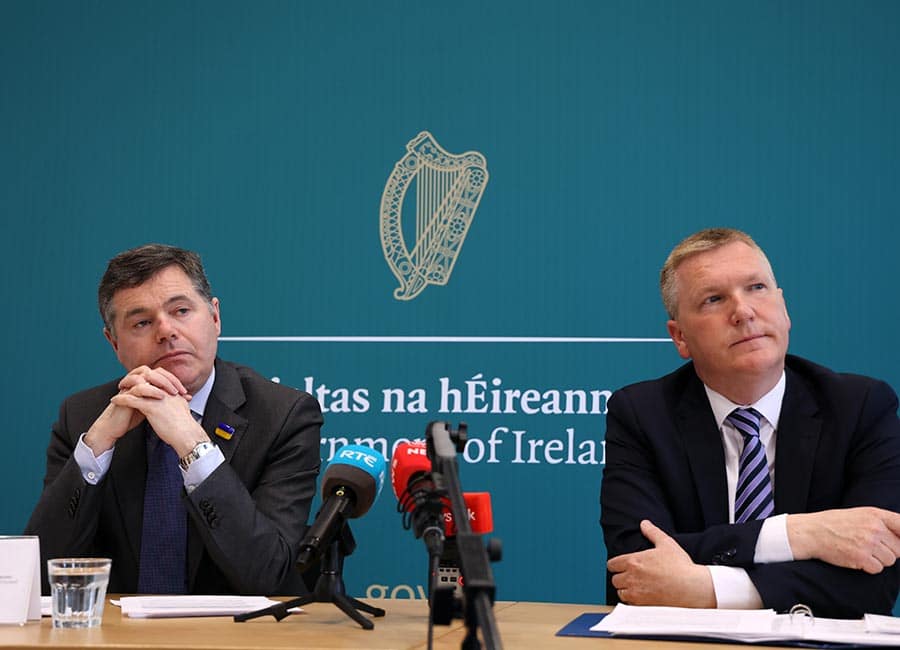Most civil and public service employees will work reduced hours of 35 hours per week after the government approved the recommendations laid out in a report from the Independent Hours Body in relation to the Haddington Road Agreement (HRA).
Working hours of 35 hours per week, net of breaks, will be restored to all public workers, except hospital consultants, academic grades and teachers, on 1 July at an estimated cost of €179m this year.
Working hours for public employees who worked a minimum of 35 hours per week were increased to 37 hours per week under the 2013 agreement.
The Independent Hours Body, chaired by former Workplace Relations Commission chief Kieran Mulvey, was established to examine issues arising from HRA hours, which were considered to be an issue outstanding by the parties that negotiated the latest public service pay agreement.
The state provided €150m under the terms of the pay deal for the implementation of the body's recommendations, which were informed by stakeholder engagement, analysis of submissions received, and an assessment of the potential impacts of a reduction in working time across the public service.
The government has approved an additional €29m this year to cover the cost of implementing the body’s recommendations in full.
"I welcome the approval of the Independent Hours Body Report by the Government at its meeting yesterday," Minister for Public Expenditure and Reform Michael McGrath said in a statement.
"This was an important and complex piece of work as it was a key provision of [the public pay deal,] Building Momentum. I would like to particularly thank the chairman Kieran Mulvey and the members of the Independent Body for the expertise and commitment that they brought to the process.

"In approving the report, the government will continue to prioritise service delivery. In light of the challenges the health sector may face in implementing the body’s report, I understand that the Minister for Health will arrange for immediate engagement with health sector unions and associations on the measures that are required to ensure the safe implementation of the recommendations."
A standardised minimum working week of 35 hours will now be in place across the public sector, removing employment hour variables in the system. It is not expected that replacement costs will arise in all cases or sectors, nor in the case of posts at managerial level, where management and unions agree that managers work in excess of contract hours.
The body recommended that both the government and unions should not pursue compensatory claims in respect of any grade arising from the implementation of reduced working hours.
The likes of civil servants, clerical and administrative staff, health and social care professionals, and most Tusla staff will work 35-hour weeks, with nurses and midwives, gardai and social care workers doing between 37.5 and 40 hours per week under the body's recommendations.
"It is important to remember that Building Momentum embodied a strong commitment to reform and the improved delivery of public services. The government is determined to ensure the current pay agreement is honoured in full," Minister McGrath said.
“The past few years have been, and continue to be a challenging time for all of us across the economy and society. The HRA hours have been in place for almost nine years now and government is appreciative of the contributions made by all public servants throughout this time.
"This contribution has been, and still is, crucial to getting us through this difficult time, and the commitment shown by our healthcare workers and those on the frontline cannot be overstated".











